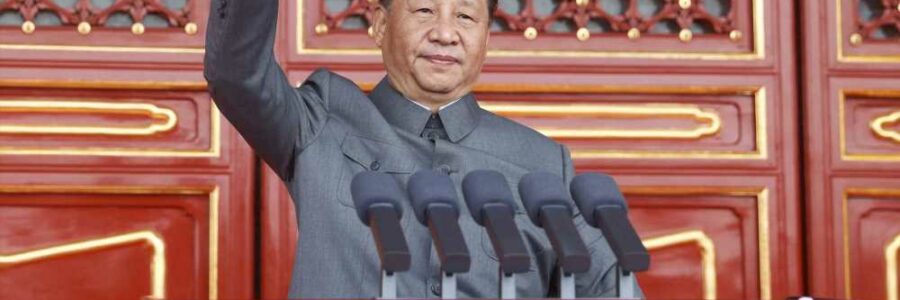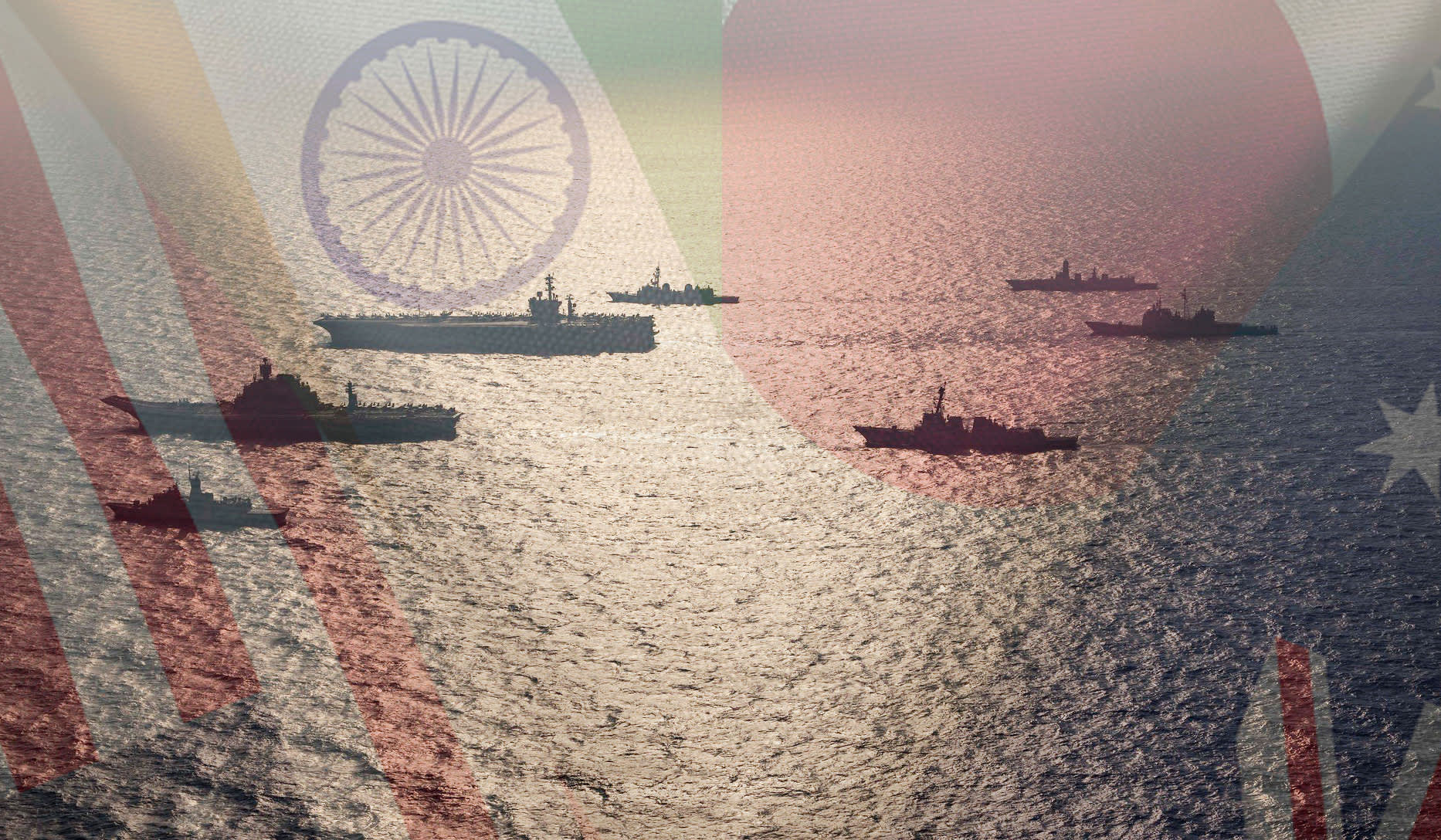
China's military assertiveness over Taiwan will likely persist, says defense analyst
- China's military assertiveness over Taiwan will likely continue in the next 12 months as tensions intensify between the two sides, said Derek Grossman, senior defense analyst at Rand Corporation.
- China claims Taiwan as part of its own territory and has been putting pressure on the democratic island to accept Beijing's rule.
- Taiwan's next presidential election in 2024 will be an important event that could shape the trajectory of China-Taiwan tensions, said Grossman.
China's military assertiveness over Taiwan will likely continue in the next 12 months as tensions between the two sides intensify, a defense analyst said Monday.
"I think a lot of this boils down to China wants to get the attention of the United States," Derek Grossman, senior defense analyst at think tank, Rand Corporation, told CNBC's "Squawk Box Asia."
"I mean Beijing has been really, really frustrated with deepening U.S.-Taiwan ties on all fronts, in particular in the security domain," said Grossman.
China claims Taiwan as part of its own territory and has been putting pressure on the democratic island to accept Beijing's rule.
To be clear, the ruling Chinese Communist Party in Beijing has never controlled Taiwan. But China claims the island is a runaway province that must be reunited with the mainland, using force if necessary.
Xi vows 'peaceful reunification'
Over the weekend, Chinese President Xi Jinping vowed "peaceful reunification" with Taiwan.
It prompted an angry response from Taiwan. President Tsai Ing-wen said in her National Day speech Sunday that the island will not "bow to pressure" and will seek to maintain the "status quo."
"We will continue to bolster our national defense and demonstrate our determination to defend ourselves in order to ensure that nobody can force Taiwan to take the path China has laid out for us," said Tsai.
"This is because the path that China has laid out offers neither a free and democratic way of life for Taiwan, nor sovereignty for our 23 million people," she added.
China previously offered Taiwan a "one country, two systems" governance model — like the one in Hong Kong. But the proposal is "overwhelmingly unpopular" in Taiwan, said Grossman of Rand Corporation.
Hours after Xi's speech, the Chinese government's Taiwan Affairs Office said in a Mandarin-language statement — which CNBC translated — that Tsai "advocated Taiwan independence, incited confrontation, cut apart history and distorted facts."
U.S. relations with Taiwan
Earlier this month, China sent a record number of military aircraft into Taiwan's air defense identification zone — raising international concerns of a military accident.
The U.S. has no official diplomatic relations with Taiwan. But through the Taiwan Relations Act, Washington is committed to providing the island with arms for its defense as well as maintain peace and stability in the Western Pacific.
Read more about China from CNBC Pro
UBS answers investors' toughest questions on inflation, China and more
Goldman picks China chip stocks to buy as tech rivalry with the U.S. grows
China’s power crunch is a bigger concern than Evergrande, says top fund manager
In the last few months, the U.S. issued new guidelines to allow its government officials to meet their Taiwanese counterparts more freely. Together with other members of the Group of Seven advanced economies, the U.S. also backed Taiwan's participation in forums by the World Health Organization.
Those actions angered Beijing, which views Taiwan as having no rights to conduct its own diplomacy and opposes any official Taiwanese representative at an international level.
Eyes on Taiwan's next president
Taiwan's next presidential election in 2024 will be an important event that could shape the trajectory of China-Taiwan tensions, said Grossman.
Tsai is in her second and final four-year presidential term.
Grossman said China is "very concerned" that current Taiwanese Vice President William Lai Ching-te will become the presidential nominee for the ruling Democratic Progressive Party.
"They believe that he actually wants independence," he explained.
The defense analyst added that Xi appeared to temper his language by vowing "peaceful reunification" with Taiwan. In comparison, Xi said at the Chinese Communist Party's 100th anniversary in July that China "must take resolute action to utterly defeat any attempt" at Taiwan independence.
"I think Xi Jinping wants to be a bit more delicate because the last thing you want to do is convince the Taiwanese people to elect William Lai in 2024," said Grossman.
"Beijing consistently has not trusted Tsai Ing-wen even though she's been a truly pragmatic president —they've called her a closet independence supporter, a separatist," he said. "But here you have William Lai, someone who's openly called for Taiwan independence, and so I think there's a little bit of delicate maneuvering going on."
Read more
Source: Read Full Article
